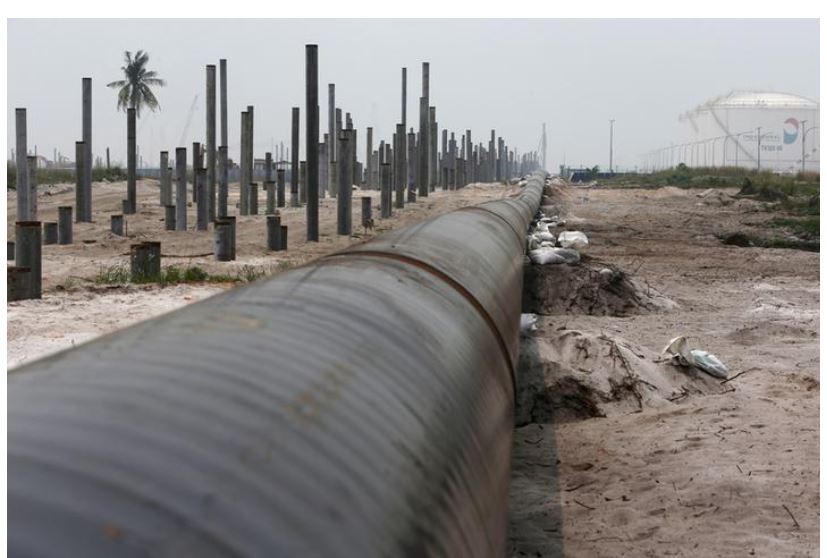Oil closed out its worst month since the global financial crisis a decade ago, as all eyes turned to this weekend’s G-20 summit for signs that Saudi Arabia and Russia can head off a worldwide supply glut.

Investors are now focused on the G-20 summit in Argentina, where leaders from the U.S., Russia and Saudi Arabia — the world’s three biggest oil producers — will gather in a prelude to a key OPEC meeting next week in Vienna. Russian Energy Minister Alexander Novak said earlier on Friday that he was comfortable with prices where they currently are, adding to uncertainty about what top oil exporters can agree on.
West Texas Intermediate for January delivery fell 52 cents, or 1 percent, to $50.93 a barrel on the New York Mercantile Exchange Friday.
Brent crude for February settlement dropped 45 cents to $59.46 on London’s ICE Futures Europe exchange. The January contract for the global benchmark, which expired Friday, traded at a $7.78 premium to WTI for the same month.
Russian and Saudi officials are scheduled to meet in Moscow over the weekend, signaling that an agreement on production cuts is possible if talks between Russian President Vladimir Putin and Saudi Crown Prince Mohammed bin Salman go well in Argentina, according to people briefed on the discussions.
“As things stand, the Russians and Saudis are still far from being on the same page over the finer details of looming output restrictions,” Stephen Brennock, an analyst at PVM Oil Associates in London, wrote in a report. “Against this backdrop, the most likely outcome of next week’s OPEC meeting is a fudge.”

